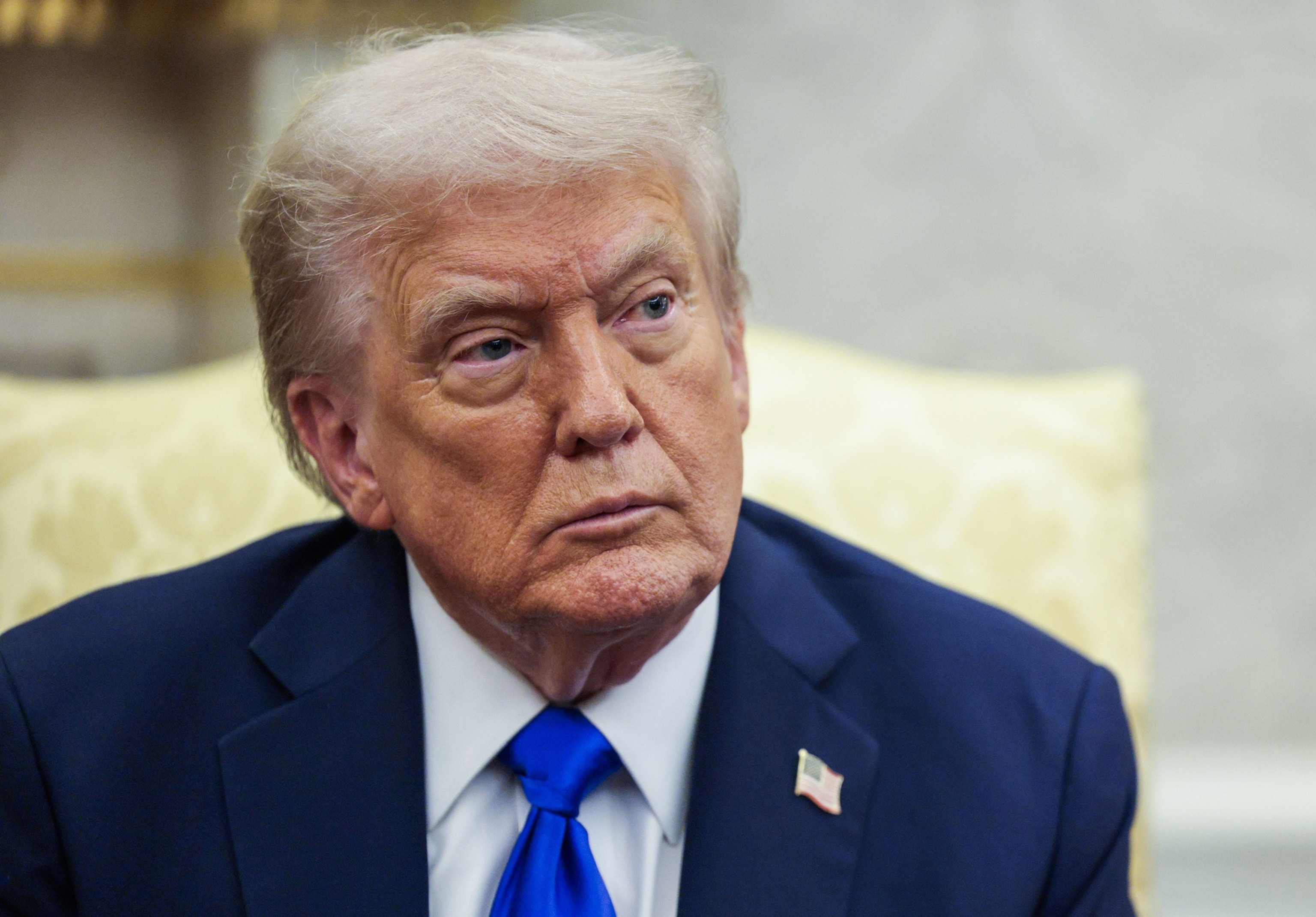Imelda Avila-Thomas and her husband, who both work for the federal government, suffered a “double whammy” when the government shut down, dropping the household from two incomes to none, she said.
Avila-Thomas, 43, president of union local American Federation of Government Employees (AFGE) 2139 and an employee at the Department of Labor, said she stopped hiring a tutor for her 12-year-old daughter, who has dyslexia, while making plans for a garage sale to sell off some possessions.
The government shutdown, which entered its seventh day on Tuesday, has engendered “desperation and uncertainty,” said Avila-Thomas, who lives in San Antonio, Texas. “Any day that goes by, it adds up.”
Avila-Thomas is among 750,000 federal workers who have been furloughed.
The government shutdown is poised to impose financial pain upon many of them, and could force workers to dip into savings, run up credit card debt, cut back expenses and worry about taking more dire measures if the impasse remains unresolved, according to interviews with two furloughed workers and labor experts.
“As the situation continues to unfold, it gets more and more stressful — more bills pile up, more groceries need to be paid for,” Lisa Baranik, a management professor at the University at Albany in New York, who has studied the worker impact of previous government shutdowns, told ABC News. “The longer this goes on, the more difficulties furloughed employees are going to face.”
For now, the shutdown appears unlikely to end anytime soon. The Senate has rejected dueling funding proposals from Democrats and Republicans in five separate votes, most recently on Monday.
Furloughed workers are set to receive a final paycheck on Friday, which covers a pay period containing the previous two weeks, though it excludes compensation for days following the shutdown on Oct. 1. Some workers deemed essential will be required to work unpaid for the duration of the funding lapse.
Furloughed workers usually receive full backpay after the government reopens, but President Donald Trump on Tuesday hinted at the possibility of denying such compensation for some affected workers. When asked if government workers would receive backpay, Trump told reporters, “It depends who we’re talking about.” Within hours, senators from both major parties said they support back pay for furloughed workers.

President Donald Trump meets with Canadian Prime Minister Mark Carney (not pictured) in the Oval Office of the White House in Washington, October 7, 2025.
Shawn Thew/EPA/Shutterstock
Impacted workers retain some avenues for alternative income.
Depending on relevant state law, they can apply for unemployment benefits, though they are typically required to pay back the benefits in the event they receive backpay.
Workers can also seek out a second job, but they must abide by “executive branch-wide standards of ethical conduct and rules regarding outside employment,” according to guidance issued last month by the U.S. Office of Personnel Management.
Gig or freelance work offers another way to make up for losses.
“For the most part, workers are stuck with individual responsibility for their budget,” Art Wheaton, a labor professor at the Worker Institute at Cornell University, told ABC News. “This starts squeezing budgets and squeezing families. It’s a big deal for a lot of people.”
Yolanda Jacobs, 55, president of AFGE Local 2883 and communications specialist at the Centers for Disease Control and Prevention, said she expects the shutdown to be “very difficult” since the end date remains unclear.
Jacobs, who was furloughed on Oct. 1, said she has spoken to colleagues who are purchasing rice, beans and ramen noodles in an effort to minimize food costs. Activities like dining out or going to the movie theater are out of the question, she added.
“I’ll watch movies at home,” said Jacobs, who lives in Atlanta, Georgia.
Financial stress endured by federal workers will hopefully ratchet up pressure on lawmakers, Jacobs said, calling the impasse a “total disaster.”
“They need to get over their egos because people’s lives and livelihoods are at stake,” Jacobs added.


